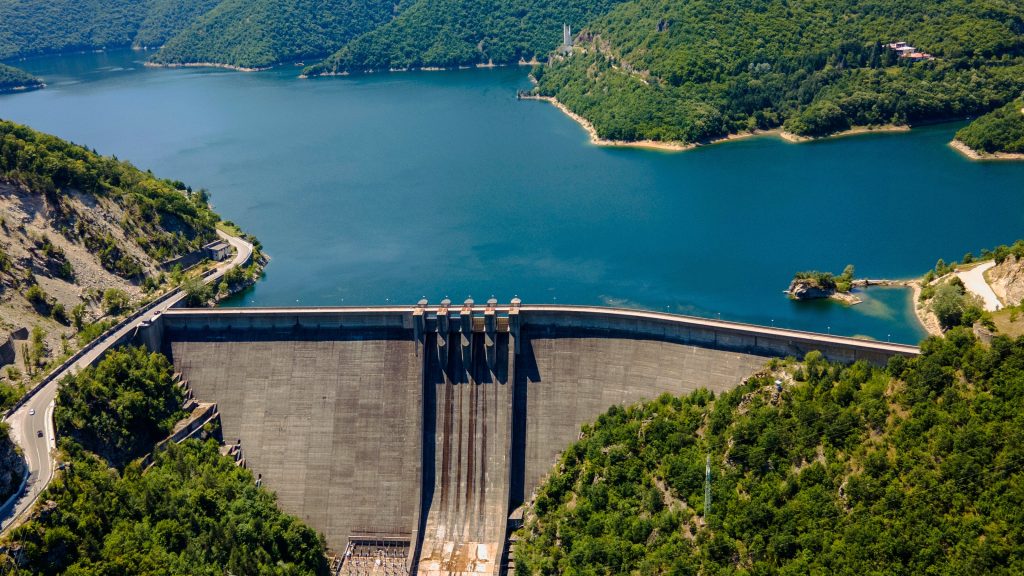Rapid acceleration of nitrogen breakdown
Natural chemical processes that break down nitrogen have rapidly accelerated in the past century.
High concentrations of nitrogen in water systems can cause different environmental effects, such as a rapid growth of algae or biodiversity loss. Several natural reactions are able to break down nitrogen into other chemical components or bury it in the soil.
A new study by NESSC researchers Junjie Wang and colleagues at Utrecht University, published in the academic journal Nature Water, shows that these natural processes in rivers and lakes have accelerated during the twentieth century, sometimes up to six times faster.

Sharp increase
The acceleration is in response to the sharp increase of nitrogen in river systems caused by human activities, the influence of global warming and dam building in river systems. Also the process of burial of nitrogen in sediments was shown to be three times faster compared to the start of the twentieth century.
The new findings help scientists to understand how natural reactions change under the influence of increased levels of nitrogen caused by human activities. The results also aid in predicting the impact of environmental policies aimed to reduce nitrogen pollution in rivers and oceans. The increased knowledge of the nitrogen cycle also helps to constrain future scenarios of climate change.
Article:
Global inland-water nitrogen cycling has accelerated in the Anthropocene
Junjie Wang, Alexander F. Bouwman, Lauriane Vilmin, Arthur H.W. Beusen, Wim J. van Hoek, Xiaochen Liu, Jack J. Middelburg
Nature Water, 2024

